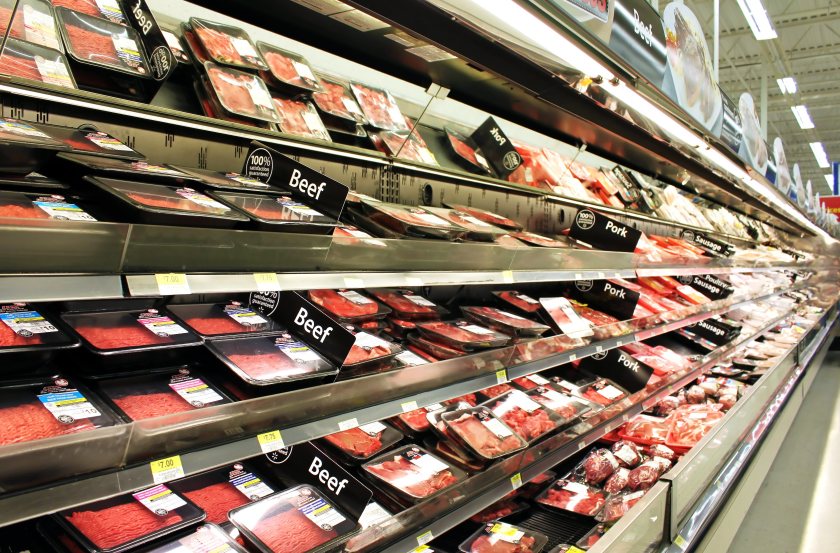
Mandatory labelling on meat and dairy products must be rolled out as consumers are being denied the chance to make informed choices, according to the RSPCA.
Campaigners at the charity want to see mandatory labels put on meat and dairy products to provide transparency for the public on the way animals have been reared.
However, the move is strongly opposed by industry bodies, including the NFU, British Meat Processors Association and the Food and Drink Federation.
The National Pig Association (NPA) called it a "blunt tool" that would have added "costs across the chain".
The government recently abandoned plans for a consultation on this issue.
Currently, there is little information available to consumers to show them how farm animals have been reared.
The RSPCA said this meant that the public "struggles to know whether farm animals have had a good, or better, life."
Method of production labelling is only available on shell eggs with terms such as ‘free-range’, ‘barn’ or ‘caged hens’ now becoming important indicators.
Improved labelling should also apply to imported products, the RSPCA said, as it would help to safeguard and differentiate British farmers against low welfare imports.
David Bowles, the RSPCA’s head of public affairs, said: “The public can be shown images of rolling green hills and animals in the sunshine which can be incredibly misleading and not reflective of reality in many cases.
"This is especially true of intensive farming practices which still account for around 70% of all land farming in the UK.”
A new survey by the charity found that 81% of people think having a level of knowledge about the condition the animals have been reared and kept in is important when purchasing products.
And 79% of consumers believe that they can improve animal welfare through their purchasing habits, according to the survey.
Mr Bowles added: “No one wants to unwittingly contribute to low animal welfare, and support practices that they don’t agree with.
"The public has a right to clear and consistent labelling so they can make an informed choice about the products they buy - including produce imported from abroad."
However, a joint letter by farming and meat industry groups explained that mandatory labelling would "not deliver continual improvement of farm animal health, as method of production is not the key determinant of animal welfare".
“The science is clear that attention to detail and professional management of our flocks and herds is a greater determinant of animal welfare, but this is much more difficult to translate into a clear and useful consumer labelling framework.
“Labelling should be voluntary and follow compulsory rules when certain terms are used to ensure accuracy and consistency.”
